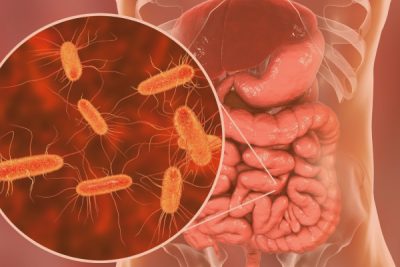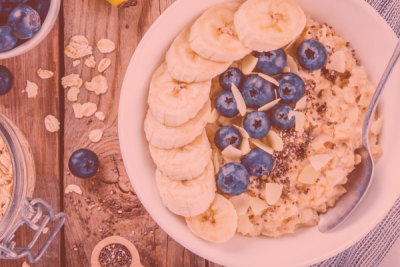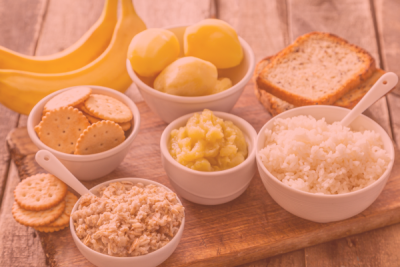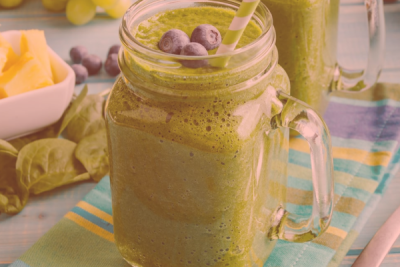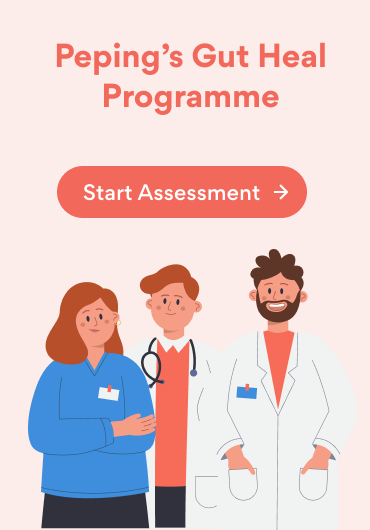The gut-brain connection is a rapidly growing field of research that highlights the close relationship between our digestive system and our mental health. The gut and the brain are constantly communicating, and the food we eat plays a critical role in this communication. In this article, we will explore the gut-brain connection and the role that nutrition plays in our mental health and wellbeing.
How the Gut-Brain Connection Works
The gut-brain connection is a complex system that involves multiple pathways of communication between the digestive system and the central nervous system. This communication is bidirectional, meaning that signals can be sent from the gut to the brain, and vice versa.
One of the primary ways that the gut and brain communicate is through the enteric nervous system (ENS), also known as the “second brain.” The ENS is a network of neurons located in the wall of the gut and is capable of transmitting signals to the brain, influencing our mood, thoughts, and behaviours.
Another important factor in the gut-brain connection is the microbiome, the population of bacteria and other microorganisms that live in the gut. The microbiome plays a crucial role in regulating the immune system, metabolism, and mood. An imbalance in the microbiome, known as dysbiosis, can lead to inflammation and a host of physical and mental health problems.
The Role of Nutrition in the Gut-Brain Connection
The food we eat can have a profound impact on the gut-brain connection. Consuming a balanced and nutritious diet rich in essential vitamins and minerals can help to maintain a healthy gut-brain connection and improve our mental health and wellbeing. On the other hand, a diet high in processed and unhealthy foods can disrupt the delicate balance of the gut microbiome and lead to inflammation, leading to mental health issues such as anxiety and depression.
Here are some of the key nutrients and foods that can support the gut-brain connection:
- Fibre: Fibre is essential for maintaining a healthy gut microbiome. Foods high in fibre, such as whole grains, fruits, and vegetables, can help to keep the gut bacteria in balance and promote a healthy gut-brain connection.
- Probiotics: Probiotics are live bacteria that can be found in fermented foods such as yogurt, kefir, and kimchi. Probiotics can help to promote a healthy gut microbiome and improve the gut-brain connection.
- Omega-3 fatty acids: Omega-3 fatty acids are essential for brain health and have been shown to have a positive impact on mental health and wellbeing. Foods high in omega-3 fatty acids include fatty fish such as salmon, walnuts, and flaxseeds.
- Vitamin B12: Vitamin B12 is critical for brain function and mental health. A lack of B12 can lead to symptoms such as depression, anxiety, and cognitive decline. Foods high in B12 include meat, fish, eggs, and dairy products.
Frequently Asked Questions about the Gut-Brain Connection and Nutrition
What is the gut-brain connection?
- The gut-brain connection refers to the close relationship between the digestive system and the central nervous system. The gut and brain communicate through the enteric nervous system and the microbiome, and the food we eat can impact this communication.
Can nutrition improve the gut-brain connection?
- Yes, nutrition plays a critical role in the gut-brain connection. Consuming a balanced and nutritious diet



